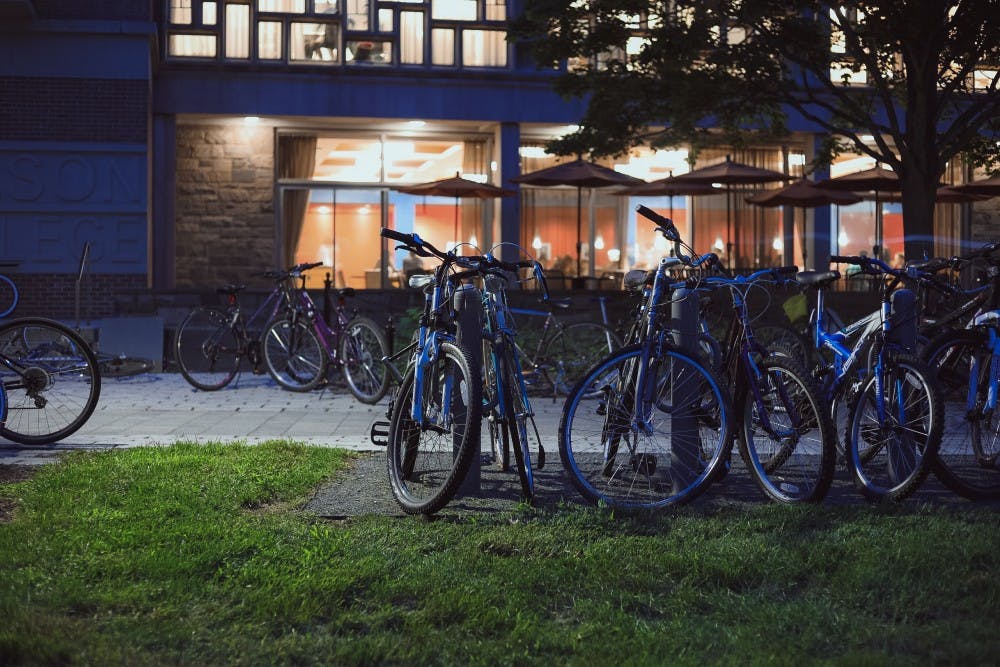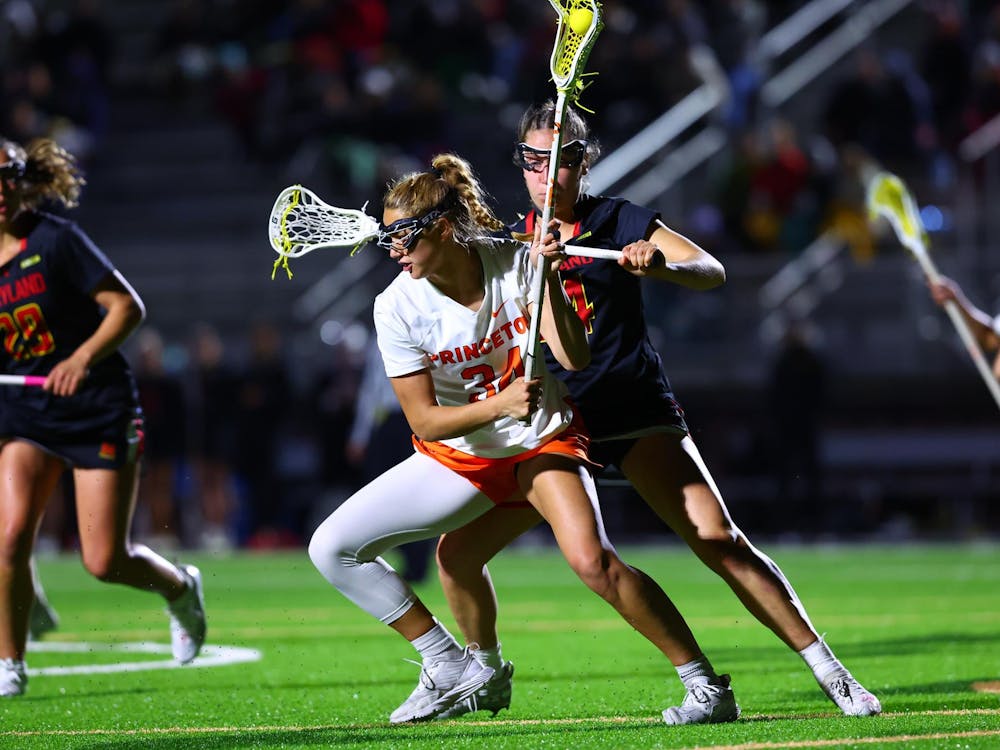This is the time of year when many high school seniors have to make a decision about where to go to college. As many of us know, this can be quite a difficult decision to make, particularly if a student is faced with many attractive offers. The sentiment is best expressed by a student in that position right now: post #7534 on the Tiger Confessions page is a perfect expression of the justifiable anxiety caused by this decision. Our anonymous senior writes, “Current HS senior deciding between Princeton and a few other Ivies. Leaning toward Princeton because of...the name? Because it seems like a better school? But do I think it’s a better school because of the name?…Is there really an elitist air?…” The problem is that Princeton’s social environment is often seen as exclusionary and elitist. If we truly want to attract the best and the brightest, we have a responsibility to fix this problem.
The discussion generated by this post, and by others similar to it, points to an obvious problem, though not a universal one: the culture on campus can be harmful to many. An elitist and exclusionary culture, like the one our high school senior worries about, perpetuates hierarchies that are in and of themselves wrong. Certainly, from these posts, it seems many of our own peers would change their decision to attend the University based on their experience here. We do not necessarily know why they advise this: many commenters do not give detailed reasons for why they would not come if it were up to them. That being said, it seems that both the high-stress culture and much of the social environment are heavily influential in making these decisions.
Understanding the purpose of a university illuminates why this is a problem in attracting the best students. In my view, universities exist to develop individuals who can think critically and engage with the world around them in new and interesting ways. These individuals, in pursuit of these goals, might be put off by the problematic aspects of the culture on campus and might, as a result, decide against coming to the University. Indeed, our high school senior seemed to be worried about Princeton’s reputation of elitist culture in their post.
Of course, Princeton is not the only school that has an elitist reputation. It is not worth dwelling on this too much: students like our high school senior are clearly worried about Princeton’s elitism, not necessarily that of other schools.
Furthermore, as our student points out, the elite name can be a draw for many. But I think it is worth stating that there is a difference between being elite and having a reputation for elitism. Princeton can still be one of the best universities in the country without fostering a reputation for elitism. Students can come to the University because they recognize the value of a Princeton education while still being worried about a culture of elitism on campus, without continuing to perpetuate social hierarchies and exclusion on campus that foster that reputation for elitism.
It seems clear, then, that if we want to attract the best students, we ought to work to make the culture on campus less elitist and less exclusionary — a topic which I have discussed briefly in a previous column. Anyone who wants to take part in the academic endeavor that Princeton promises should not have to deal with social exclusion and elitism on the part of the student body.
Certainly, I do not want to claim that every problem that exists at Princeton can simply be solved by the student body changing their attitudes and behaviors. For instance, the high-stress culture caused by the workload and course rigor is something that is largely out of our hands. That being said, there are things that we can do to change it. Changing how our student groups work is one way we can directly change this environment. But we can also work through political activism on campus to pressure the administration to change the rest: we could organize around the obstacles the dining culture presents to encourage the University to change meal plan policies.
Attracting new students is not the only reason we have to reform our campus: this is simply a practical reason. It seems clear to me that we also have a moral obligation — a natural duty of justice — to ensure that Princeton is a more inclusive and less elitist place. This natural duty of justice is best understood in the following way: our status as equal persons binds us to both uphold and promote just institutions. If we believe that this natural duty of justice has any moral force, then we must work to make Princeton more just. In my view, elitism and unjustifiable exclusion constitute injustice. As a consequence, we are morally obligated to eliminate them from our environment. This, of course, would bring even brighter and even more capable students to the University than those of us already here.
Sebastian Quiroz is a junior from Apopka, Fla. He can be reached at squiroz@princeton.edu.










